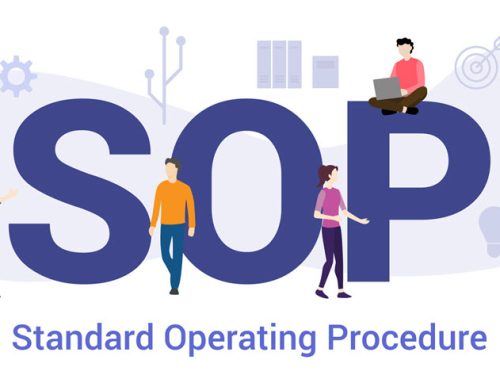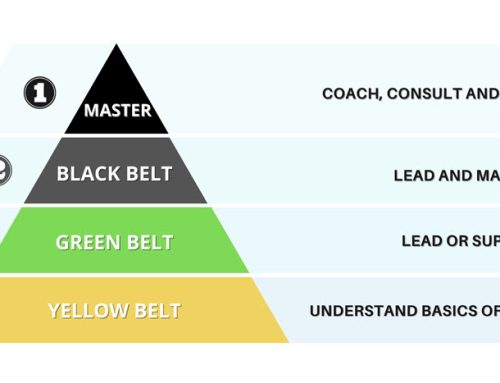Like any other industry or project, quality is very important in the construction industry as well. In construction this is achieved when the product or process meet the requirements of the client and conforms with the set specifications.
In construction where quality historically haven’t had the same focus as in manufacturing, it has been challenging for some organizations. However, when implementing a Quality Management System (QMS), the results of elements such as loss of time, money and resources can be monitored together with no compliance to specifications. When data is analysed, it helps the personnel or teams to stay on track so that the desired product is achieved.
Quality Objectives for Construction
It is the responsibility of organization’s senior management to define the quality objectives and ensure continual improvement of the company. The quality objectives and quality policies are designed by keeping the customer’s requirements in consideration. These objectives should be attainable and in conformance with the organization’s policies. Quality objectives are very useful in monitoring an organizations performance and some of the key quality objectives in the construction industry are:
- Purpose based performance
- Project completion within time and budget
- Avoiding accidents
- Decrease in internal failures
- Employee’s motivation and empowerment
- Conformance with contract specifications
- Effective response to customers’ requests within targeted time frames.
The objectives of the individual project must be defined keeping in consideration the needs of the customer. It is important to reach an agreement on these objectives from the start of the project in order to achieve the set targets.
Communication and implementation of quality objectives
There is no point if identifying the quality objectives if they are not communicated within all the levels of the organisation and implemented effectively. A very effective tool to communicate the quality objectives is a balanced scorecard. The objectives should be set for all levels of the organization down to product objectives. For instance, one objective for the overall QMS and individual objectives which support the overall objective. Therefore, it is important to:
- Gather all the staff members and brief them on the quality objectives.
- Set a timeframe to attain the set target.
- Identify suitable items for measurements such as Key Performance Indicators (KPI’s).
How to write quality objectives for construction?
The quality objectives of a process describe the criteria that will be used to assess its success. The most practical way is to use a proven method and involve all relevant stakeholders. The most efficient way is to define the quality objectives is by using the methodology SMART (Specific, Measurable, Achievable, Realistic, Time-based). Objectives and should be relatable at all levels of the organisation and means each employee should understand how their job contributes to meeting the defined quality objectives.
SMART Objectives
- Specific: The objective needs to be specific and provide as much information as necessary. For example, the provided target values should be specific rather than a range of acceptable values.
- Measurable: The objective should be measurable, otherwise it will be impossible to know if it has been achieved or not.
- Achievable: The objective must be practical, realistic and achievable.
- Relevant: The defined objective must be relevant so that it aligns with the interests of the company and in line with customer requirements.
- Time-Based: The objectives must have a deadline for when they need to be met. The timeframe must be sensible, clear and shared with the team.
To conclude, each construction project is different and has its own requirements, but one thing is common and that is the project managers go through many decisions from project planning to project delivery. In order for these decisions to align with project’s quality objectives, it is important to write the objectives properly to avoid any delays or confusions. Written Objectives are much more effective to ensure staying on track and achieving the desired results.






